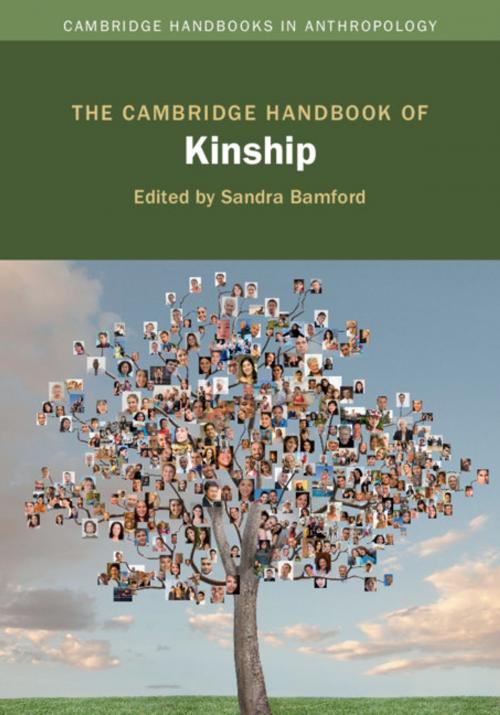The Cambridge Handbook of Kinship
Nonfiction, Social & Cultural Studies, Social Science, Anthropology| Author: | ISBN: | 9781108613736 | |
| Publisher: | Cambridge University Press | Publication: | April 30, 2019 |
| Imprint: | Cambridge University Press | Language: | English |
| Author: | |
| ISBN: | 9781108613736 |
| Publisher: | Cambridge University Press |
| Publication: | April 30, 2019 |
| Imprint: | Cambridge University Press |
| Language: | English |
Presenting twenty-nine original chapters - each written by an expert in the field – this Handbook examines the history of kinship theory and the directions in which it has moved over the past few years. Using examples from across the globe (Africa, India, South America, Malaysia, Asia, the Pacific, Europe and North America), this Handbook highlights the power of kinship theory to address questions of broad anthropological significance. How have recent advances in reproductive medicine fundamentally altered our understanding of biological properties? How has globalization brought in its wake new ways of imagining human relatedness? What might recent shifts in state welfare policies tell us about those relations of power that define the difference between 'functional' versus 'dysfunctional' families? Addressing these and many other timely concerns, this volume presents the results of cutting edge research and demonstrates that the study of kinship is likely to remain at the core of anthropological inquiry.
Presenting twenty-nine original chapters - each written by an expert in the field – this Handbook examines the history of kinship theory and the directions in which it has moved over the past few years. Using examples from across the globe (Africa, India, South America, Malaysia, Asia, the Pacific, Europe and North America), this Handbook highlights the power of kinship theory to address questions of broad anthropological significance. How have recent advances in reproductive medicine fundamentally altered our understanding of biological properties? How has globalization brought in its wake new ways of imagining human relatedness? What might recent shifts in state welfare policies tell us about those relations of power that define the difference between 'functional' versus 'dysfunctional' families? Addressing these and many other timely concerns, this volume presents the results of cutting edge research and demonstrates that the study of kinship is likely to remain at the core of anthropological inquiry.















